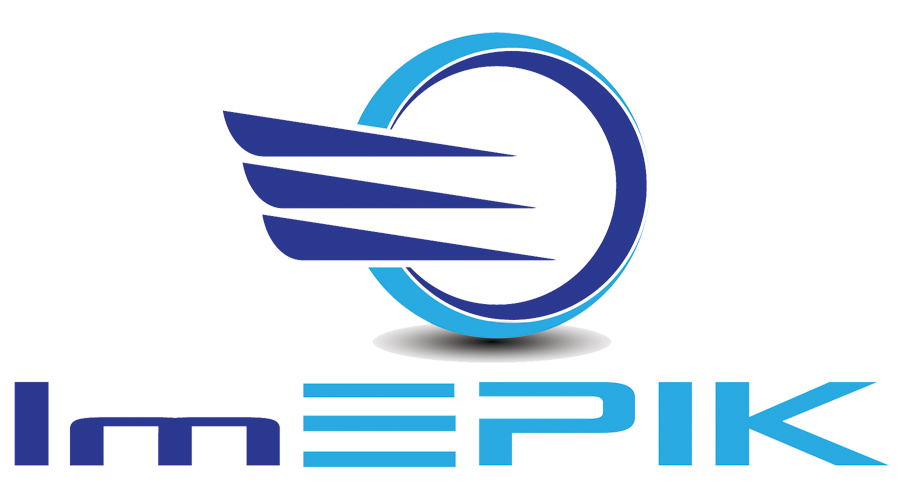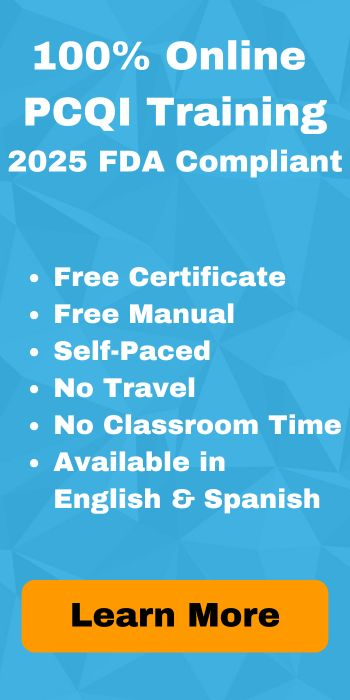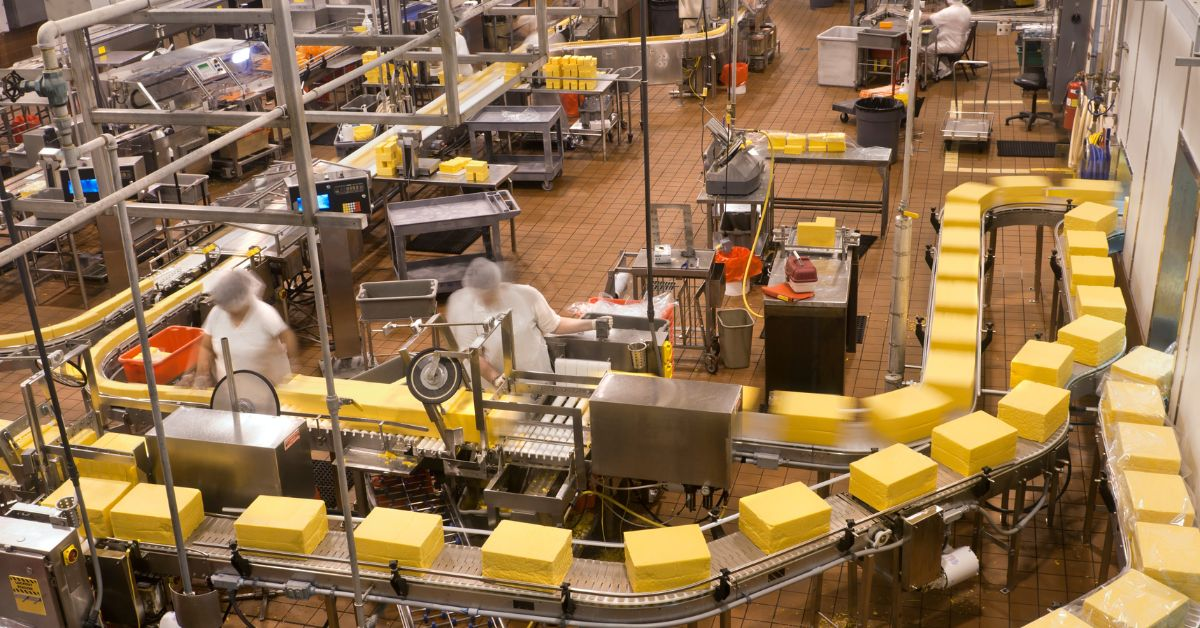Domestic and foreign facilities that manufacture, process, pack, or hold food for consumption in the U.S. must register with the Food and Drug Administration (FDA).
The FDA first mandated the registration through the Public Health Security and Bioterrorism Preparedness and Response Act of 2002 and again through the Food Safety Modernization Act. Smaller firms and some other companies are exempt from the registration process.
This blog from ImEPIK will discuss the importance of registering facilities as outlined by the FDA and identify other steps necessary to fulfill food safety obligations outlined by the federal agency.
Registration and Its Role in Food Safety Inspections
By registering a food facility, you are assuring the FDA that the agency will be permitted to inspect the facility as outlined in the Federal Food, Drug, and Cosmetic Act.
 As of mid-December 2021, more than 93,000 food facilities in the U.S. and 220,000 foreign facilities were registered through the FDA.
As of mid-December 2021, more than 93,000 food facilities in the U.S. and 220,000 foreign facilities were registered through the FDA.
The process can be completed online via the Unified Registration and Listing Systems (FURLS) website. A food company can create an account and update information about the facilities through the site.
Facilities that are required to register must renew those registrations every other year, between Oct. 1 and Dec. 31 of each even-numbered year.
Registration Alone Does Not Fulfill a Company’s Food Safety Obligations
Registering food facilities, of course, is only the first step in ensuring a company is satisfying regulatory mandates and working to provide consumers with safe food. Food facilities registered with the FDA must establish and implement a food safety system that includes an analysis of hazards and risk-based preventive controls.
There are eight crucial steps that can help you comply with the requirements of the FDA and FSMA:
Identify hazards
What are the biological, chemical, and physical hazards associated with making a product? These hazards can be present in foods and their ingredients because they occur naturally or are intentionally/non-intentionally introduced.
Set preventive controls for those hazards
These measures help ensure hazards requiring preventive controls are minimized or prevented and include process, food allergen, sanitation, and supply-chain controls.
Establish a recall plan
Conduct mock recalls and prepare for the possibility that company products could be the source of a recall, whether through an FDA outbreak investigation, mislabeling, or undisclosed allergens in the product.
Conduct monitoring of preventive controls
A company must tailor its monitoring to the preventive controls it has identified. If a heating process is necessary to kill pathogens, temperature values must be assigned and monitored by recording temperatures at specific steps in the manufacturing process.
Take corrective actions/make corrections
When a problem is identified during the process, such as temperature targets not being met, measures must be assigned to correct the identified problem.
Train food safety personnel
The Food Safety Modernization Act specifies that at least one employee undergo training to develop and apply risk-based preventive controls; or at least is qualified through job experience to create and use a food safety system.
Prepare for FDA inspections
The FDA will inspect food facilities either directly with personnel on-site or through virtual inspections and electronic verification of records. Ensure the company’s Preventive Controls Qualified Individual or proxy is available to represent the company during the inspection and that the appropriate records are available to FDA officials.
Sign up for FDA updates
The agency maintains a free e-mail alert service that notifies food companies about FDA news, covering the FSMA, Center for Food Safety and Nutrition, and other food safety information.
ImEPIK and Maintaining Proper Food Safety Training
ImEPIK offers food manufacturers assistance in meeting federal food safety guidelines mandated by the Food Safety Modernization Act. ImEPIK’s 100% online training will ensure key personnel have the proper training to fulfill the role of a Preventive Controls Qualified Individual. Contact ImEPIK to learn more about our self-paced, multi-module training.







